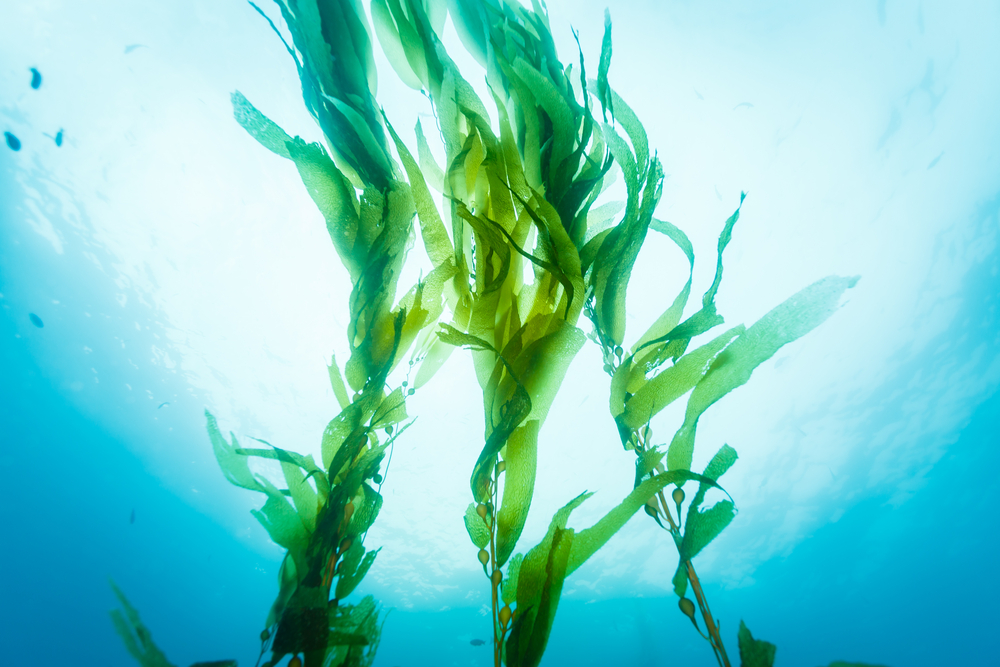
The Bristol Composites Institute (BCI) of the University of Bristol in England has led a team in developing a strong battery separator using nanomaterials made from seaweed.
“This work really demonstrates that greener forms of energy storage are possible without being destructive to the environment in their production,” said Professor Steve Eichhorn, team leader at the BCI.
The institute worked with the Imperial College and University College London to create cellulose nanomaterials derived from brown seaweed that can stop crystals from the sodium electrodes from penetrating the separator, while also improving the performance of the batteries.
“The aim of a separator is to separate the functioning parts of a battery (the plus and the minus ends) and allow free transport of the charge. We have shown that seaweed-based materials can make the separator very strong and prevent it from being punctured by metal structures made from sodium. It also allows for greater storage capacity and efficiency, increasing the lifetime of the batteries – something which is key to powering devices such as mobile phones for much longer,” said Jing Wang, first author and student in the BCI.
In pursuit of this greener and more efficient energy storage, the teams plan to work on increasing the production of these materials with the goal of supplanting current lithium-based technology.
Co-author Dr. Amaka Onyianta, from the BCI, said: “I was delighted to see that these nanomaterials are able to strengthen the separator materials and enhance our capability to move towards sodium-based batteries. This means we wouldn’t have to rely on scarce materials such as lithium, which is often mined unethically and uses a great deal of natural resources, such as water, to extract it.”
